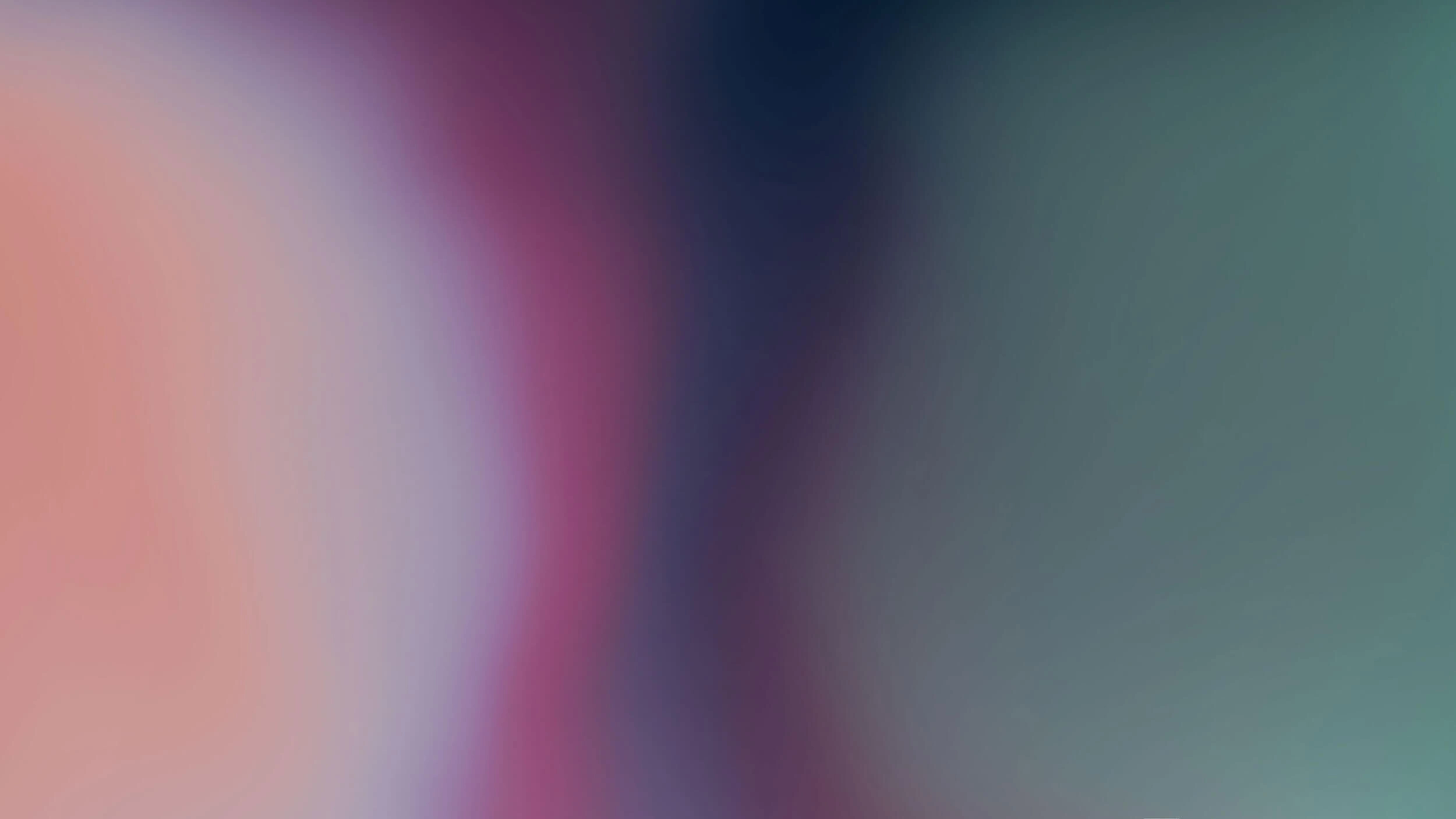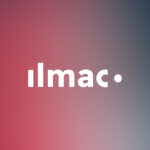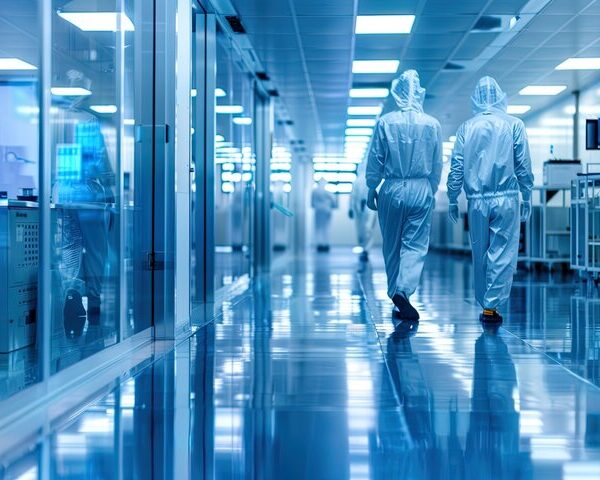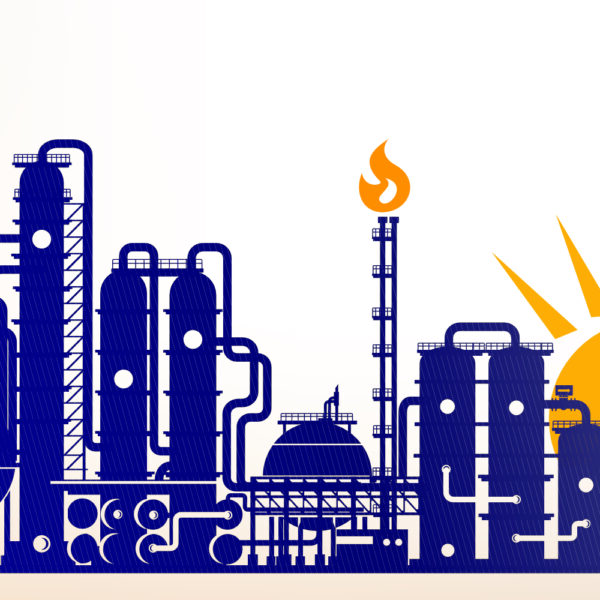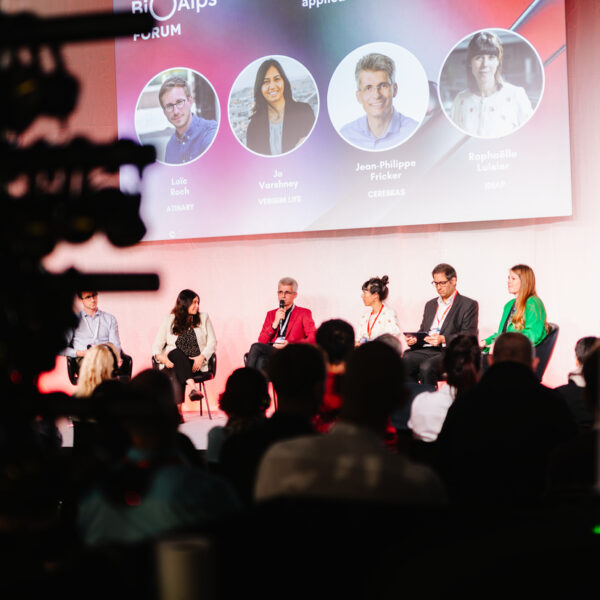More glass!
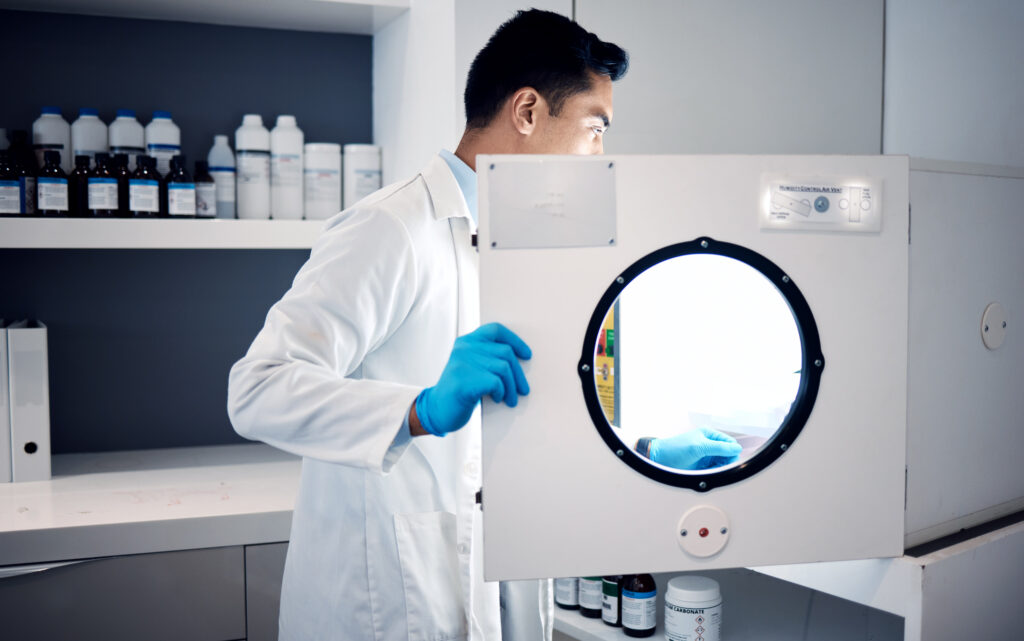
Years ago, people were supposed to switch from glass bottles to PET. The reason being that the plastic’s lower weight should lead to more climate-friendly and cost-effective transport. But now, the pendulum is swinging in the other direction – and is hitting the lab: less plastic, more glass! The latest innovations make it even more attractive.
Devices made of this material are among the most durable in the entire lab inventory. And should one of them wear out, the following applies as a matter of principle: Glass is practically 100 percent recyclable. It’d be hard to get more sustainable than this, and the material also scores top points in technical terms.
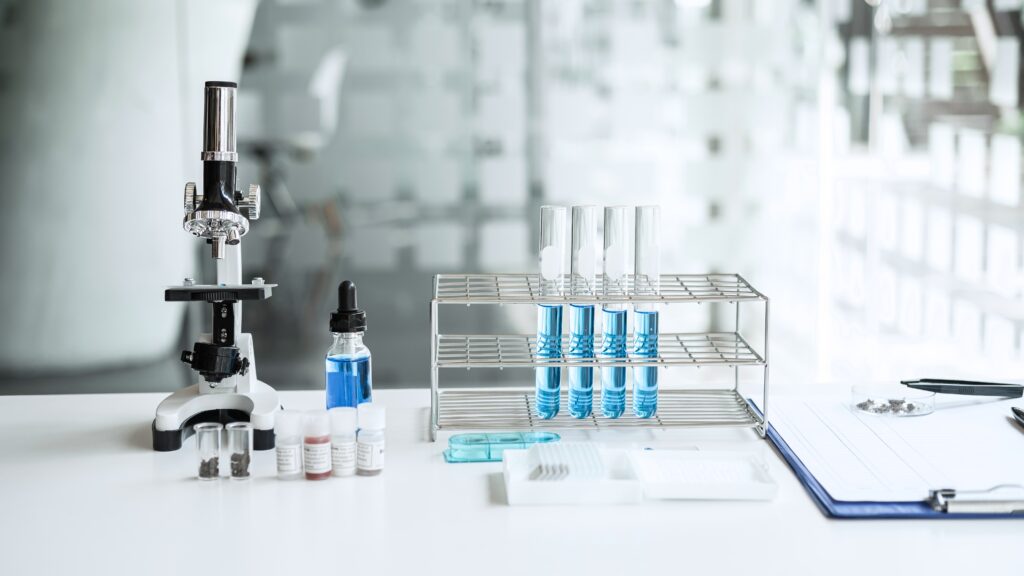
When measuring liquids, the lab technician measures most precisely with class A volumetric glassware. Even if semi- or fully-automated liquid handling with a bottle-top dispenser or a microliter pipette is often more practical, the volumetric pipette and the glass volumetric flask are clearly ahead of the plastic mechanical dispenser when it comes to competing for the most precise volume determination.
There are also various innovations. For example, there are no longer any issues with placing glass in a drying oven or sterilizer at 250°C. With its autoclavability, glass even masters the requirements of genetically modified organisms or infectious material. Moreover, special protective coatings make glass even more shatterproof, especially when a vacuum is applied.
The limits are reached when under “attack” by hydrofluoric acid or by alkalis with a pH value over 9. Under these circumstances glass faces a high risk of damage. An alkaline environment can also develop on glass surfaces under the mere influence of water; this is not beneficial for every pharmaceutical.
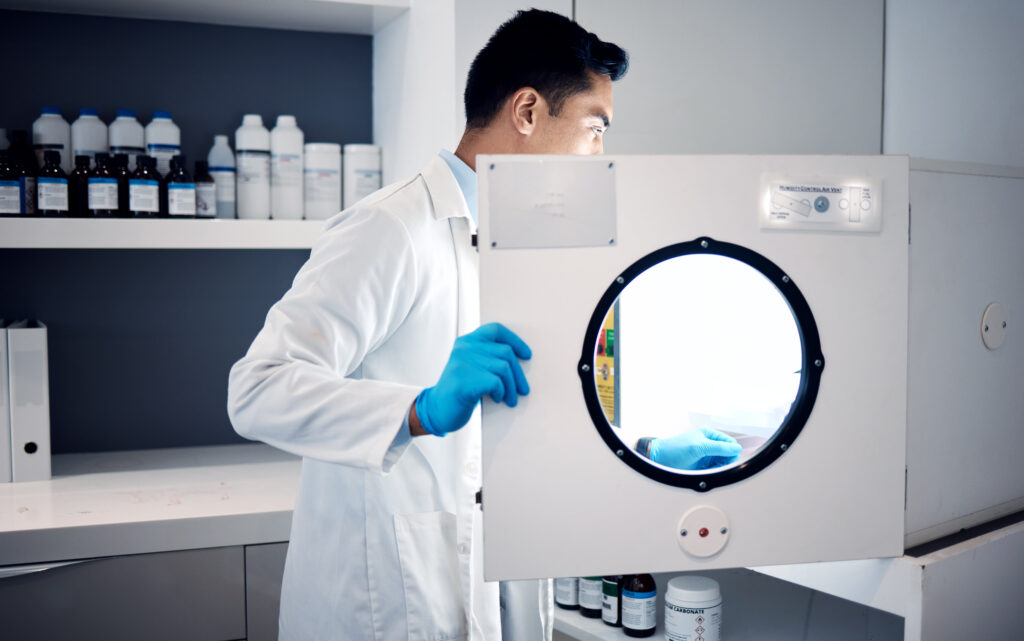
Plastic remains in demand wherever single-use products appear to be indispensable for hygienic safety. Large parts of hospital operations are a prime example.
Visitors to the Ilmac industry event in Basel can find out exactly where the boundaries between glass and plastic lie, or more generally, between recyclable and single-use laboratory products. The Ilmac Conference invites you to delve deeper into this topic with an attractive program that was developed in cooperation with the Swiss Chemical Society. “Green” technologies and sustainability in the lab will more or less addressed explicitly in many of the lectures, including “Lab Digitalisation” (Tuesday), “Chemical Technologies” (Wednesday), and “New Biotech Methods” (Thursday).
